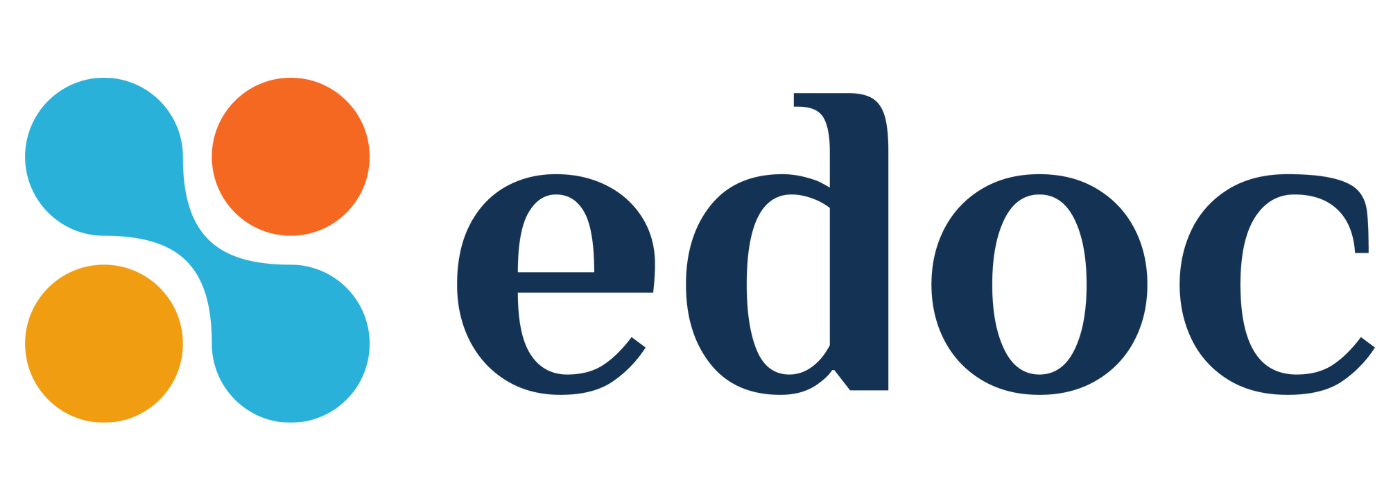As Remote Leaders, We Have to Exercise Our Leadership Muscles Today
In the military, people are willing to sacrifice their lives for others to gain.
On the contrary, in business, we often reward people who sacrifice others, just for the sake of the numbers.
This idea was brought up by Simon Sinek at the 2014 Leadercast, a one-day leadership event broadcasted to more than 800 host sites in more than 25 countries around the world.
Sinek, of TEDTalk fame, asserted that leaders are ones willing to sacrifice themselves for others.
Leadership takes courage, and that comes down to putting others before ourselves.
It was just one mention of the idea of trust and selflessness, fitting since the year-long 2014 theme was “Beyond You Leadership.”
A Beyond You Leader
Andy Stanley kicked off the day by articulating what we mean when we describe a so-called Beyond You Leader.
A Beyond You Leader is one who fearlessly and selflessly empowers leaders around them, as well as those coming along behind them.
With that definition in mind, here are three lessons I learned from Leadercast 2014:
1. The value of leadership is not measured by accumulation, and neither are our lives.
A common thread throughout the day was that leadership is, quite frankly, not about us.
Leadership is not self-serving. It’s not about hollow validations. Leadership is about “them”—as in the ones we are leading.
Here’s a truth that Stanley pointed out to us: as humans, we celebrate generosity. Yet, at the same time, we envy accumulation.
At funerals, we celebrate selflessness—not what kind of house or car someone owned. With that said, the real value of our leadership will not measured by what we accumulate.
People will remember what we did for others. You can even take this one step further: that the value of our life will be measured by how much of it was given away.
2. The foundation of all influence is trust. To feel trusted, those we lead must feel understood.
Dr. Henry Cloud explained the idea best: just like a boat leaves a wake, so do we as we go about our lives. In part, we have our business results leaving an impression, and on the other side, we have our relationships or connections. These are two variables that make up how we influence, change, and shape others.
If you have selfish motives as a foundation of relationships, your leadership is on faulty ground. And even if we have strong relationships with people, our influence will inevitably be limited if you can’t lead them to meaningful results!
When we combine genuine relationships and results, we’re able to build trust, and furthermore, real influence.
To build that trust, we must listen. Ask yourself: do your people know you understand them?
People you lead must feel you understand them in order for trust to be present.
Bill McDermott, CEO of SAP AG, did this early in his career when he took over a failing division of Xerox. The division, located in Puerto Rico, was ranked last out of all divisions in terms of performance. He took on the challenge, and he set out to do one thing: listen. He came in without any preconceived notions. He spent two weeks speaking to people about the problems and issues. He just wanted to listen, and to get their perspective.
They told him exactly what was wrong.
When he listened, he heard the workers say the morale of the company had been disheartened, epitomized by how a former manager had canceled an annual holiday party. This party was something the staff looked forward to every year.
McDermott re-scheduled the celebration, which served as just one way he gave the workers reason to believe in him. His action told them he was listening. He showed them he understood what mattered to them. More importantly, he intentionally celebrated their wins over the next several quarters.
When it was time for their holiday party, the division had gone from last to first in performance rankings.
3. The time to begin exercising our leadership muscles is today. And tomorrow. And the next day…
Many of us came away from Leadercast feeling like we have the potential of becoming a great leader during our lifetime.
If we want our leadership to extend beyond us, then we must start to intentionally work on our leadership today.
But how do we start flexing those muscles? First, refuse to make decisions that others could and should make. As a result, you will empower other people to grow, and free up time to do what you should be doing. Nobody said letting go was easy.
Second, strive to give other people the advantage of knowing what you know each day. Even if we aren’t a high level leader now, we must start this habit now. Last, but just as important, ask your team members, “What can I do to help?”
These are simple truths, and they deserve to be repeated. Daily practice of putting the well-being of others ahead of ourselves is what will mold us into the kind of leaders we want to be.
Bring on the leadership.
